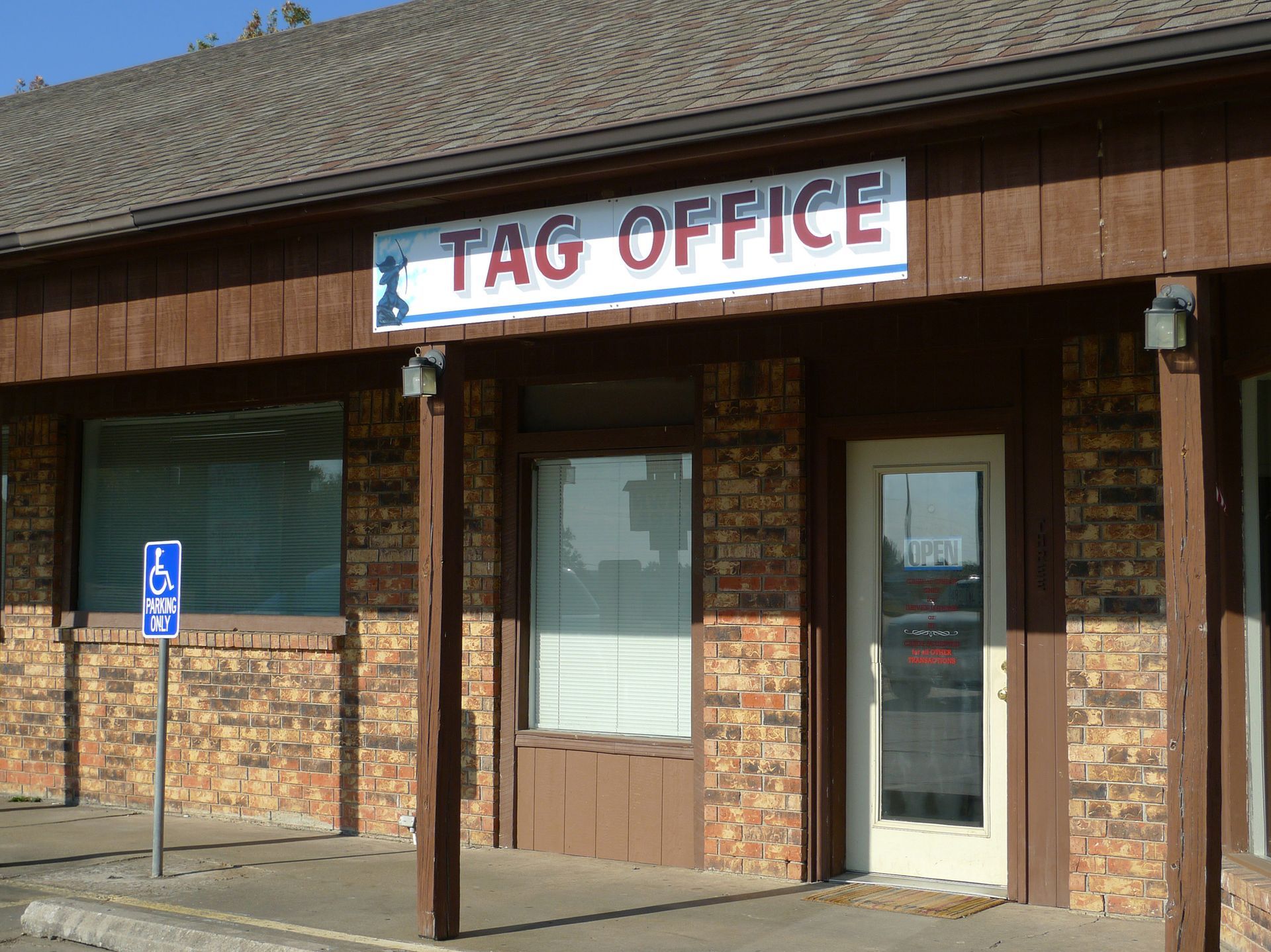Why the International Registration Plan (IRP) Matters for Motor Carriers
August 22, 2025
Share this article:

Learn why the International Registration Plan (IRP) is vital for trucking companies and motor carriers. Discover how IRP simplifies registration, reduces costs, and ensures compliance across U.S. states and Canadian provinces.
What Is the International Registration Plan (IRP)?
The International Registration Plan (IRP) is a cooperative agreement between the 48 contiguous U.S. states, the District of Columbia, and Canadian provinces. It allows commercial motor carriers that travel across state or provincial lines to register their vehicles in a single “base jurisdiction,” while fairly apportioning registration fees based on miles traveled in each region.
For trucking companies, IRP eliminates the need for multiple license plates and cab cards, creating a simpler and more efficient process for interstate trucking compliance.
Why the IRP Is Important for Trucking Companies and Motor Carriers
1. Simplified Truck Registration Across States and Provinces
Without IRP, carriers would need separate registrations for each jurisdiction they operate in. IRP provides one license plate and cab card, saving time and reducing paperwork for fleets of all sizes.
2. Fair Cost Allocation for Road Use
Under the IRP, carriers pay registration fees based on actual miles traveled in each state or province. This apportioned system ensures fairness, preventing carriers from overpaying or underpaying for road use.
3. Ensures Trucking Compliance and Avoids Penalties
Failure to comply with IRP regulations can result in fines, impoundments, and costly delays. Having proper IRP registration helps carriers avoid legal issues while protecting their reputation with shippers and brokers.
4. Supports Business Growth and Expansion
For carriers expanding into new markets, IRP provides a scalable system for interstate trucking operations. Whether adding routes across the U.S. or into Canada, IRP helps fleets operate legally and efficiently.
Benefits of IRP for Trucking Fleets
- One plate and cab card instead of multiple registrations
- Reduced administrative burden for fleet managers
- Lower costs through apportioned registration fees
- Legal protection and compliance assurance
- Scalability for fleet growth across jurisdictions
Conclusion: IRP as a Strategic Advantage for Motor Carriers
The International Registration Plan is more than a regulatory requirement—it’s a cornerstone of successful trucking operations. By streamlining compliance, reducing costs, and enabling expansion, IRP provides motor carriers with the flexibility needed to compete in today’s transportation industry.
If your fleet operates across state or provincial borders, investing in proper IRP registration services ensures your business stays compliant and profitable.
fleet insights






